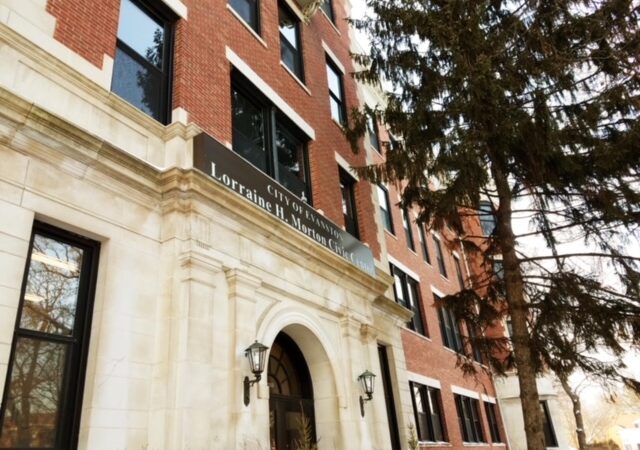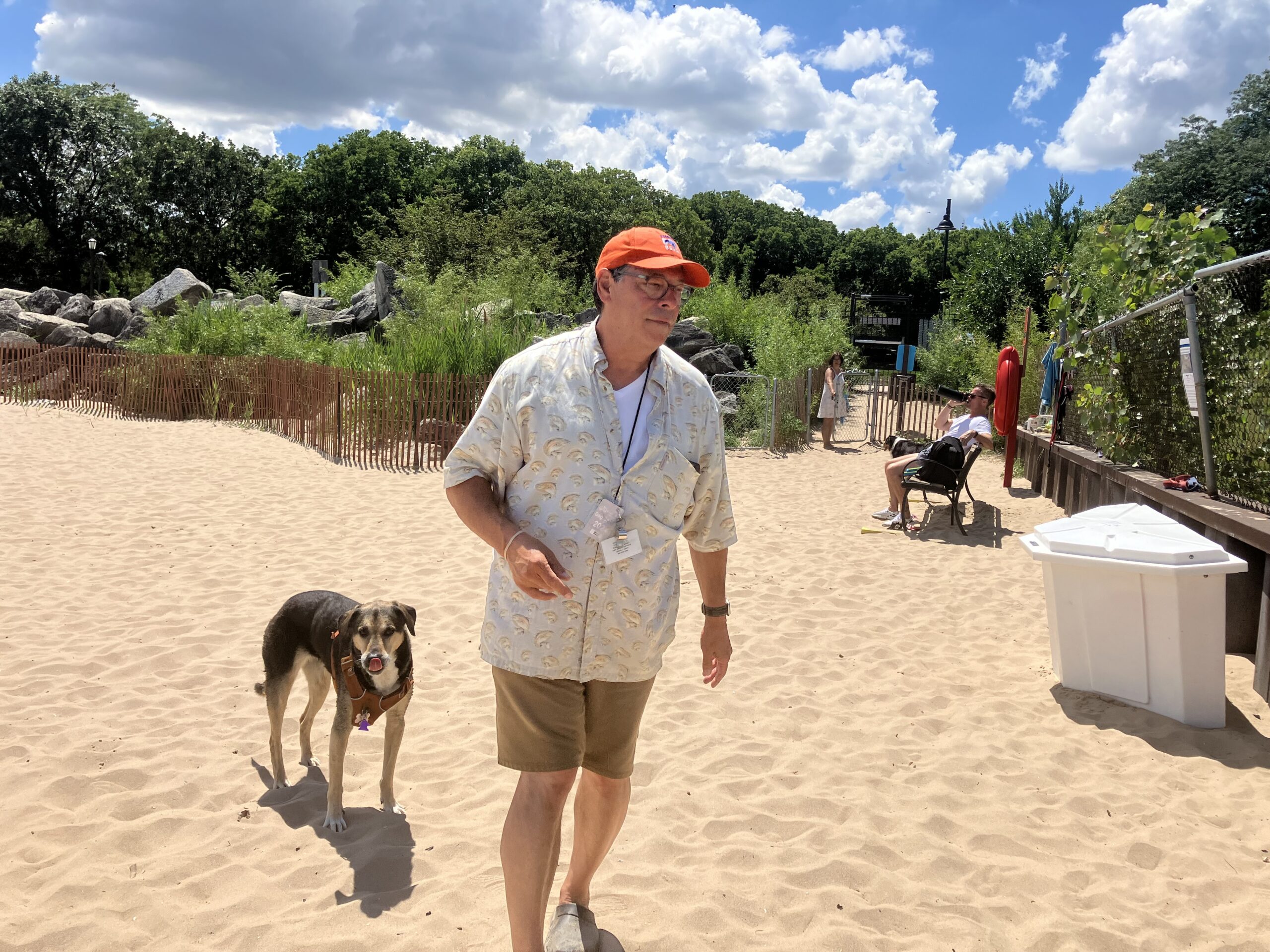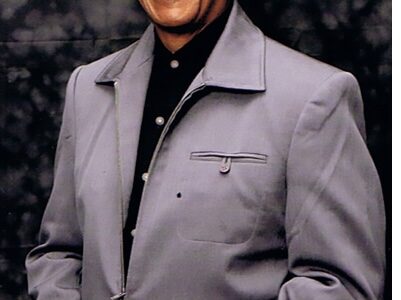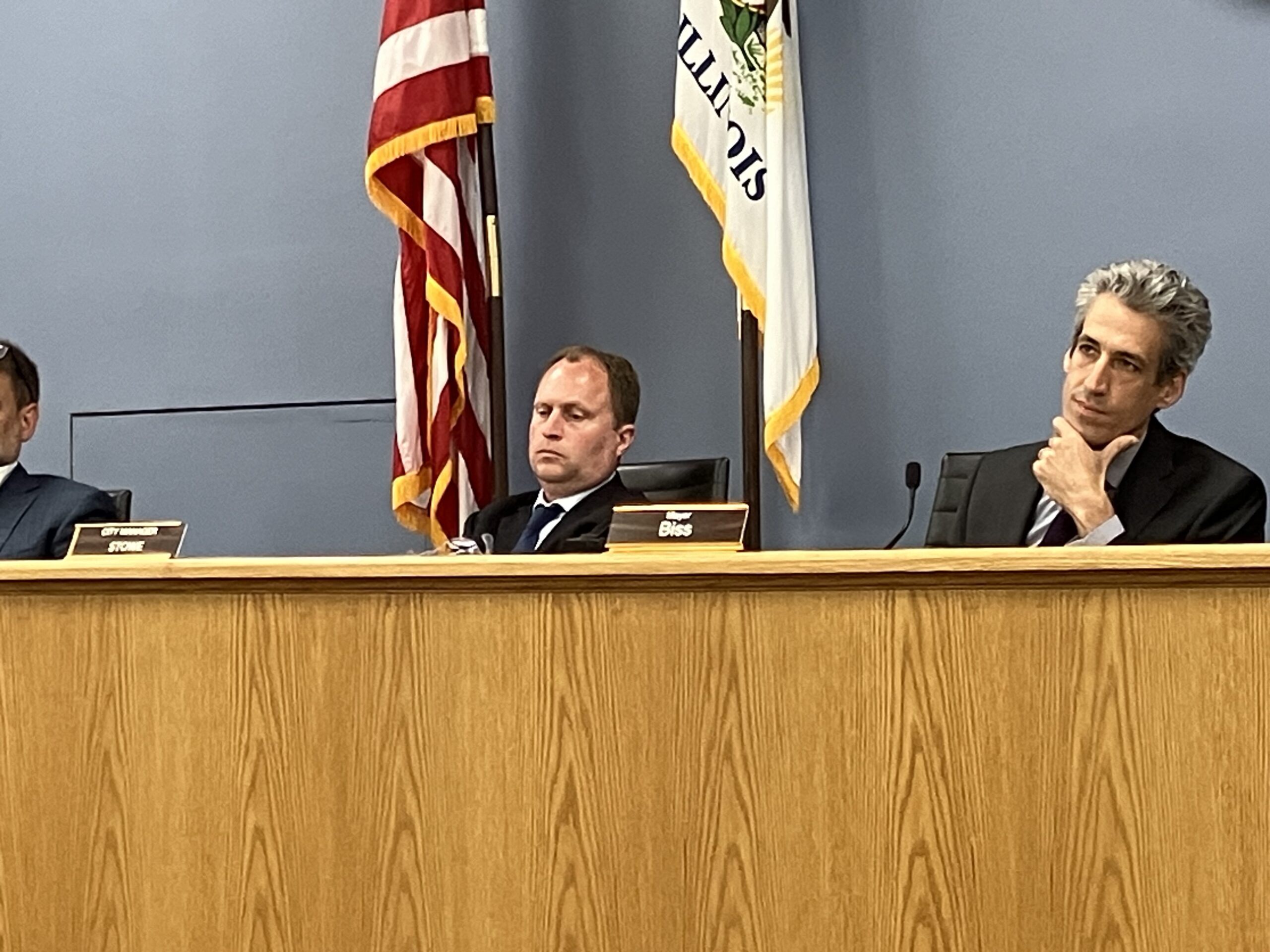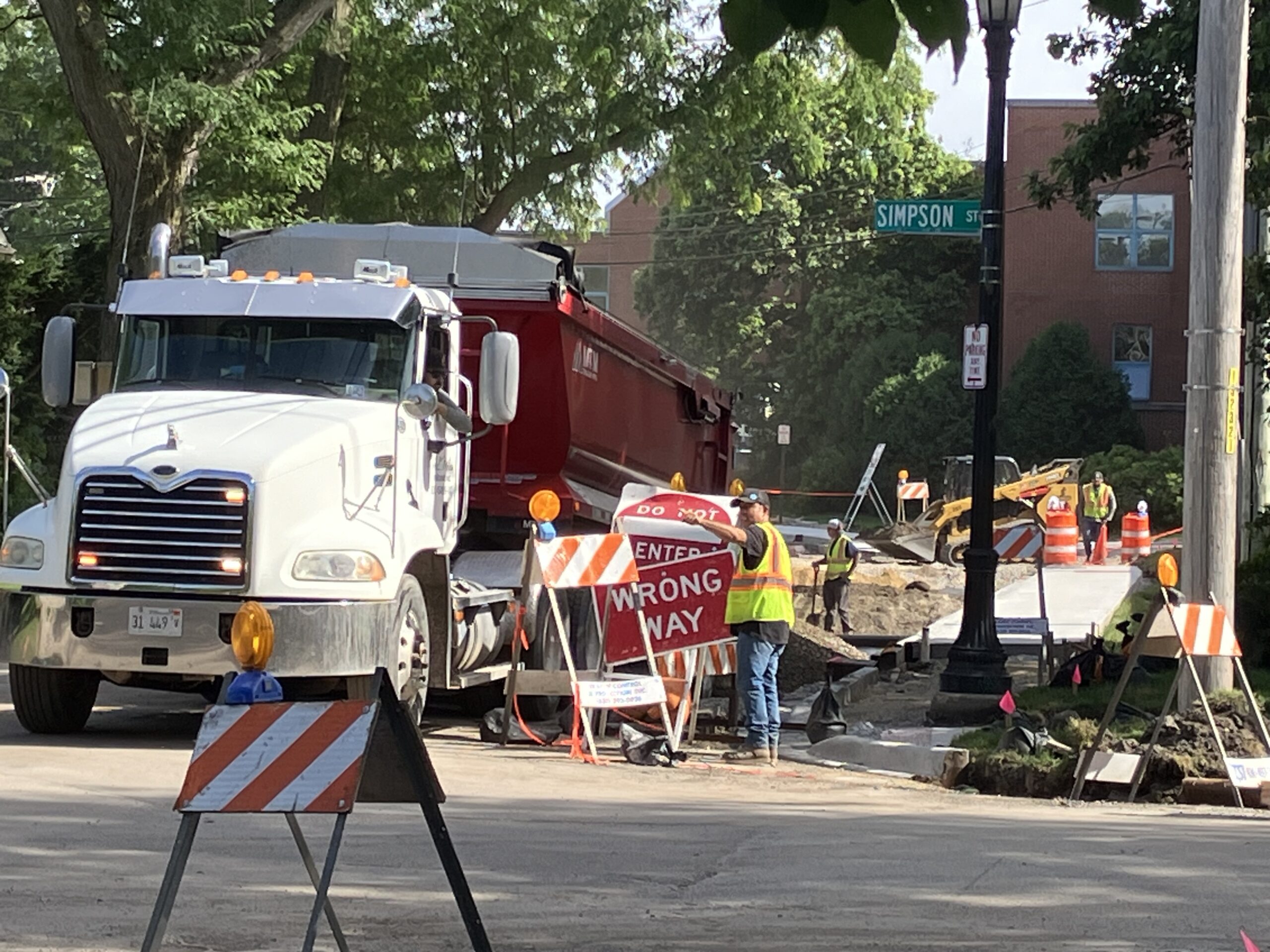By Bob Seidenberg
A City Council committee pulled back Feb. 13 from approving staff’s choice of a firm to conduct an independent economic impact study of Northwestern University’s Ryan Field rebuild, with residents’ criticism playing into their decision.
City staff had recommended that the city enter into a no-bid contract with Chicago-based Hunden Strategic Partners to conduct the study, at a revised cost of just under $100,000.
Council member Eleanor Revelle, in whose Seventh Ward the stadium is located, had requested the study, agreeing with neighbors around the stadium that an independent look was needed to validate claims Northwestern had made in its own study of the economic impact of the project.
But Revelle, at the Feb. 13 Administration & Public Works Committee meeting, said she was open to the city conducting a wider search for a firm, as criticism built up of the staff choice.
At the meeting, Revelle said that she had spent “a lot of time thinking about the Hunden proposal, and, while I do think that it would provide us with a very objective and independent analysis of the economic impacts, given the concern in the community about whether it is really the right group for us and the right proposal, I’d like to talk about an RFP,” (Requests for Proposals, inviting other firms to bid.)
Committee members voted 5-0 against approving a contract with Hunden to conduct an independent study. Instead, the group opted to direct staff to draw up an RFP that would go out to a national market.
The ‘experts in the room’
Council member Krissie Harris, 2nd Ward, chairing the meeting — though voting with the majority — noted that in hearing the discussion “it’s kind of disheartening … there’s a mistrust of the city and staff. And I want us to get past that at some point. … I do want us to think about who are the experts in this room.”
With the recommendation of Hunden drawing already some criticism, A&PW members had voted at their Jan. 23 meeting to table the staff’s recommendation, directing officials to seek an alternative proposal from two other firms that had been interviewed — including Civic Economics, which has a location in Evanston. In addition, committee members had directed staff to work with Hunden to develop a refined scope of services.
Group’s ‘pro stadium’ reputation
In a statement issued Feb. 12, several Evanston and NU student groups, including the Community Alliance for Better Government, with an activist reputation, and the Most Livable City Association, a group of neighbors active in voicing concern about the stadium project, asked Council members to hold off on approving the no-bid contract with Hunden, citing “serious concerns” with the city’s using the firm.
In their statement, the groups took note of the fact that founder, Rob Hunden, had presented the annual “State of the Industry” address for pro stadiums at a conference. In the past year, the company has worked on NFL, NBA and NHL deals, plus numerous minor league stadiums and districts, the group reported.
“Given this background, it is difficult to believe that Hunden will be truly objective,” the groups said in their statement. “Although they claim to give fair-minded advice based on the data, it’s clear from their prospectus and their website that they generally favor such developments. They do mention a few projects they recommended against, but the thrust of their proposal and of Robert Hunden’s presentations is definitely on the benefits of developing arenas as multi-use venues.”
Discussing the Hunden choice at the Feb. 13 A&PW meeting, City Economic Development Manager Paul Zalmezak conceded that staff were reacting “to the kind of a rapid pace,” on the stadium proposal, making their recommendation at the Jan. 23 meeting.
He said, with committee backing a more traditional RFP approach to landing a firm, “We want to make sure that we are working at a rapid pace but also a deliberate considerate pace that represents our community process.”
Zalmezak also told committee members that he thought officials could do a national search, bringing interest from a number of firms, including ones that community members had suggested.
Firm brings expertise needed in $1 billion project: Zalmezak
In his memo, recommending Hunden, though, Zalmezak noted the group had a lot of pluses.
The firm “had the most experience with stadium and concert/event economic studies,” he wrote.
“The work is clearly a passion of the firm’s founder [Rob Hunden], who works primarily with public sector clients,” he noted.
He pointed out that the firm is “staffed with a team of professionals who will offer different levels of expertise and have a strong grasp of consumer demand and foot traffic data.”
“This is needed in a complicated $1 billion project like the proposed one with multiple business district impacts and residential neighborhood considerations,” Zalmezak wrote.
“It is important to get this right the first time. Hunden’s experience, their willingness to amend their proposal on short notice, and providing a high level of responsiveness and a high-quality proposal on short notice suggests this team is capable of meeting the high standards required for a nearly $1 billion project,” the memo continued.
Zalmezak said the firm, with experience on over 1,000 projects in 28 years, has experience providing honest assessments to clients, even when it conflicts with the client’s desired outcome for the study.”
Zalmezak included an attached proposal from the firm, stating that Rob Hunden reports his job is to ‘tell the truth to our clients about the project at hand, no matter who the client is. … Our firm is familiar with giving folks news that may not align with their hopes and plans, regardless of if they are our clients or not.”
Further, the updated proposal included a list of clients where Hunden’s findings were contrary to the proponent’s “hopes for the project.”
Hunden also stated it is hired by opponents of projects or stakeholders who oppose projects.”
“They report they use the same methodology no matter who the client is,” summed up Zalmezak.
Rob Hunden: Would like to meet with groups to discuss their concerns
Expanding on those points in a phone interview Feb. 14, Hunden said he was taken aback by the Evanston groups criticism, noting that he approached the city after reading about the economic impact study that Northwestern had done, “and I couldn’t find any real basis for the impact explained in the study.
“I looked at the study, very high level, I thought to myself, after seeing the community’s concerns that I have the [same] concerns and thought they probably want a second opinion. So I reached out via email to city staff and they called me back and said, as a matter of fact, ‘We’re looking for someone to undertake an economic impact study.’”
Hunden said he would love to engage with the concerned groups. “We were actually just talking this morning about reaching out to them and meeting with them,” he said,” explaining, “We don’t necessarily tell people what (they) want to hear. If they’re cheerleading for a project, we’re usually the one that is temperate. If someone hates a project, our projections are a little more straight and narrow than someone wants to see. We’re right down the middle. We’re there to tell the truth.”
A story in the Evanston RoundTable dated Feb. 13 noted the Committee’s rejection with some anti-Black tweets found on the company’s Twitter acvount.
The tweets were not mentioned during the Committee’s discussion, though a speaker during the public comment portion of the session — David DeCarlo, one of the founders of the Most Livable City Association — said he had screenshots of the racially-insensitive material and offered to share them with any interested Council members or reporters.
Hunden said the company was very “shocked and upset” and felt “tainted” by the report of the comments on a company Twitter account closed two years.
Again, he said he would like to meet with the groups raising concerns about his company and talk to them about their concerns.
